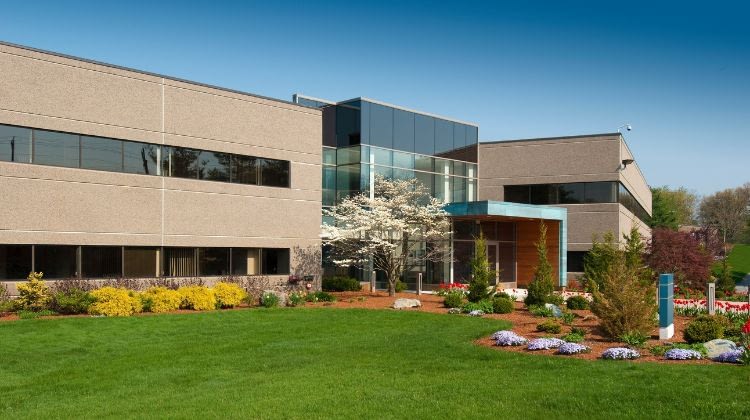
Part of owning a commercial property includes maintenance. You can’t rent out your space if it’s not in good working condition. It’s up to you to provide your building with proper TLC.
Inspecting appliances, cleaning the interior, making obvious repairs—these are all basic tasks that you probably already know. However, there’s much more to maintaining your commercial building than meets the eye. Use these tips to take better care of your property.
Check for Water Damage
Often, water damage sneaks past building managers until it’s too late. Small leaks can become enormous problems if you let them go for too long. Make sure you’re checking for water damage to mitigate any costly expenses.
One of the biggest indicators of water damage is mold growth. Inspect your floors, walls, and plumbing fixtures for mildew. Mold can quickly degrade your property and create an unhealthy working environment, so ensure you don’t have any sneaky leaks.
Invest in Your Utilities
When it comes to maintaining your commercial property, your utilities are essential. You might think that choosing cheap appliances will help you cut costs. In truth, you’ll waste more money on low-quality equipment than it’s actually worth.
For example, you should choose an efficient HVAC system that won’t break down with every heat wave. Upgrade your electrical system to avoid a dangerous workspace. Investing in your utilities will help you reap long-term benefits and make everyone’s lives easier.
Don’t Forget About the Exterior
Commercial property owners do lots of work to maintain their buildings’ interiors. Since the inside of your establishment sees the most foot traffic, this makes sense. However, your exterior needs just as much attention to remain efficient and safe.
Buildings waste tons of money on energy when they have exterior damage. Look for cracks and gaps in your building’s envelope to conserve power and money. Dirty, run-down exteriors repel potential tenants, so fix things up to make your space look more inviting.
As a property manager, it’s your job to keep things in pristine condition. Use these tips to update your current maintenance routine so that everyone has a safe and healthy place to work.